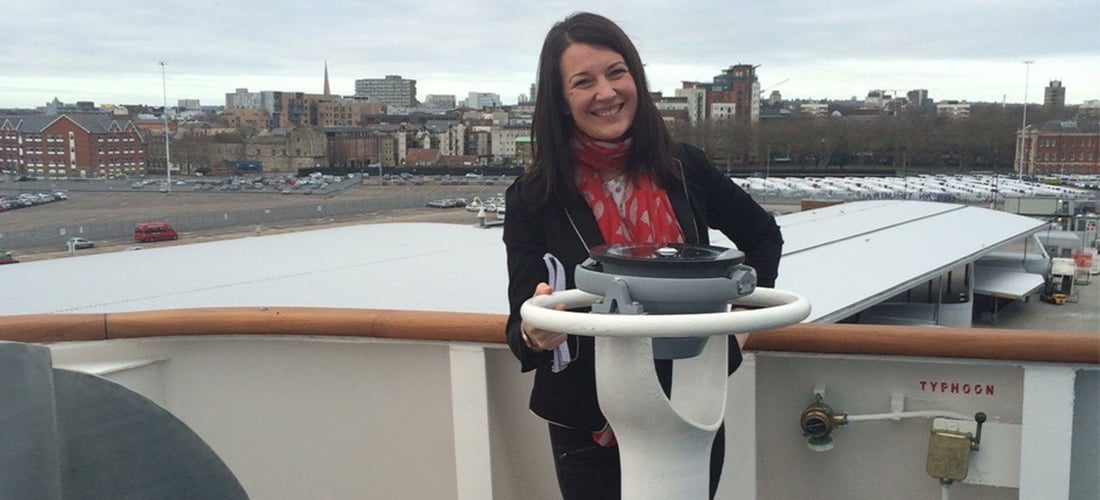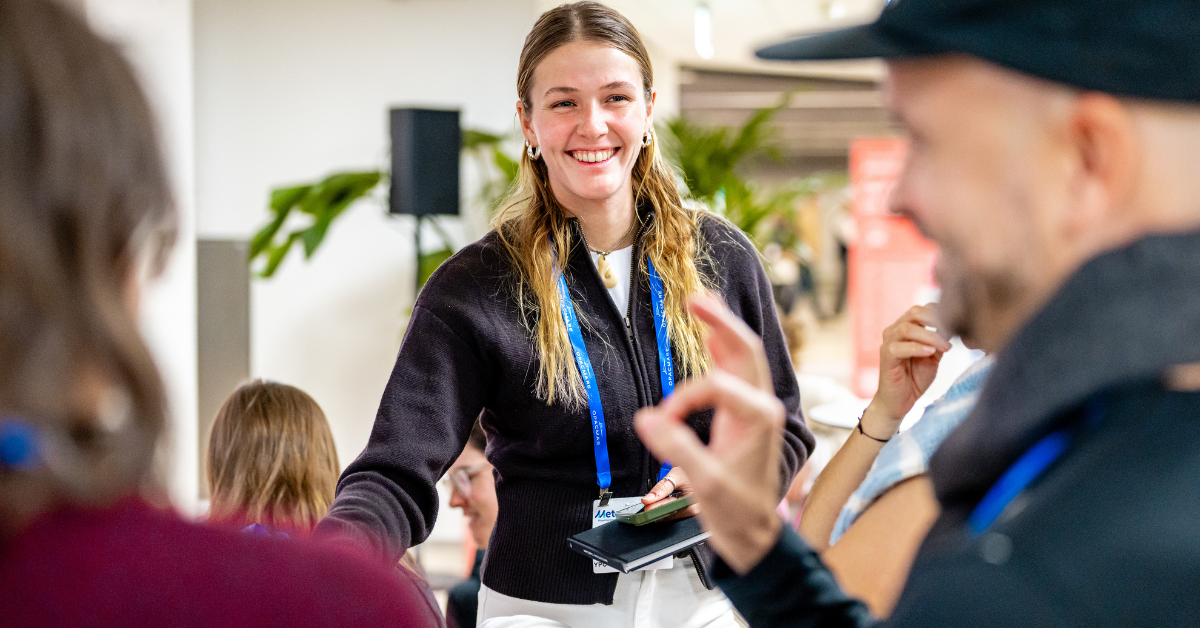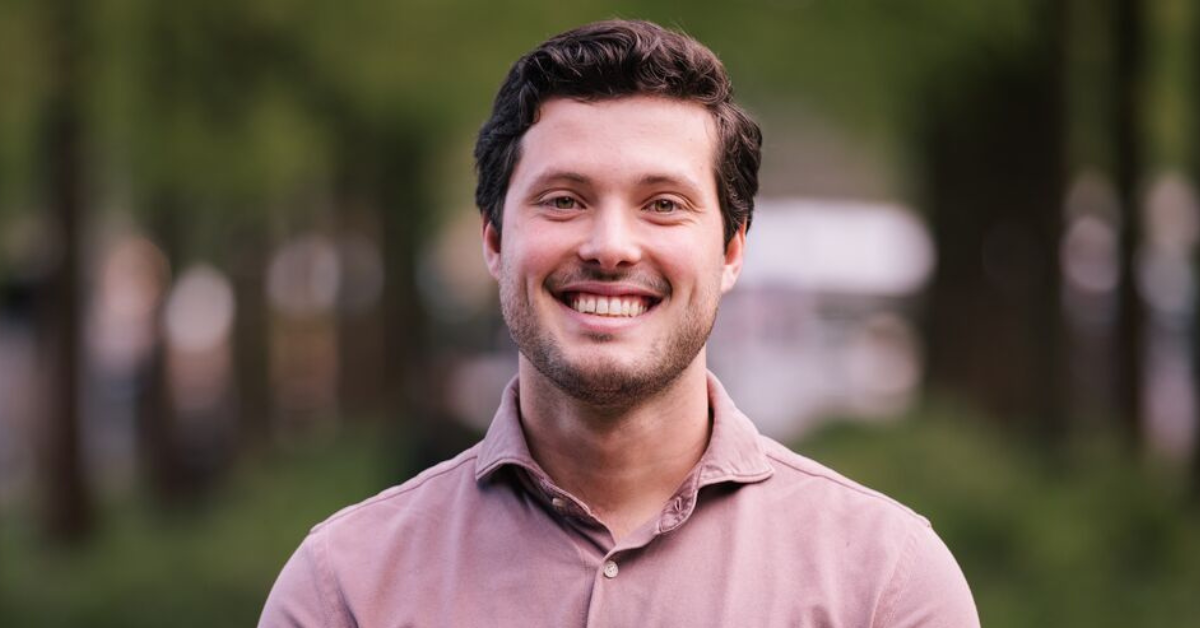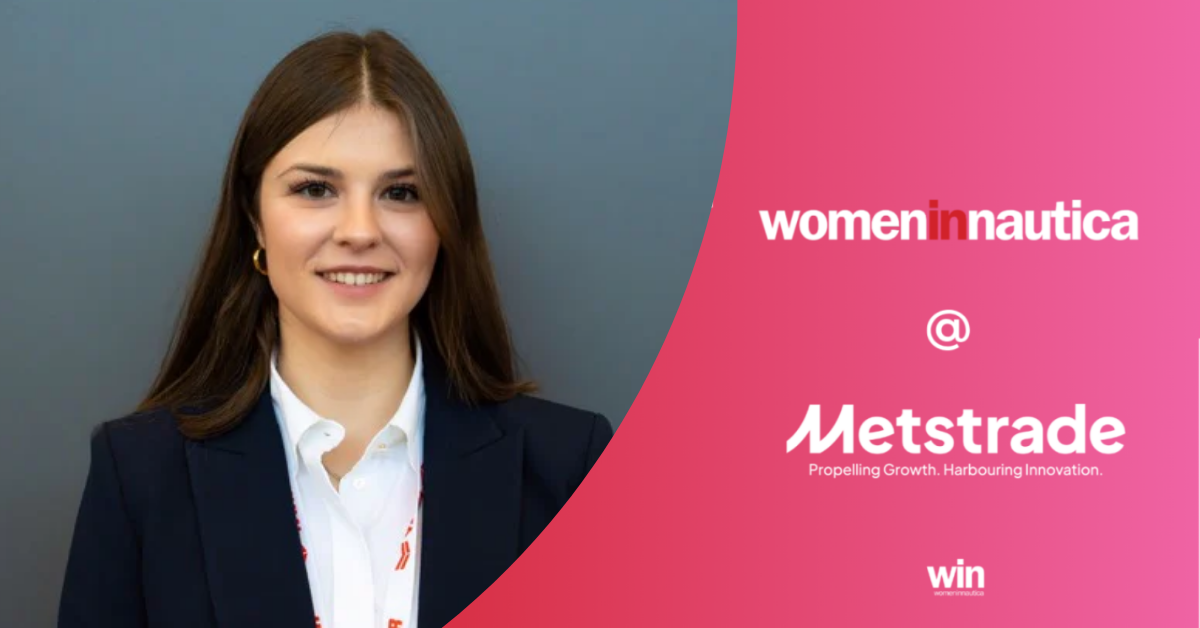In the spotlight with: Liz Baugh - Red Square Medical
 Peter Franklin
Peter Franklin
Our leisure marine industry is all about the ‘feel good’ factor. It’s how we relax, switch off from the pressures of daily life, enjoy the sea breezes, or the charm of inland waterways, and of course we all wish to be safe and well whilst we are about it.
But sadly things don’t always go as planned, people become sick, or sustain injuries whilst afloat, sometimes in the most difficult circumstances, and probably far away from the professional medical services that most of us take for granted ashore.
Having somebody on board who has been trained on how to handle such medical emergencies as a first responder can literally make the difference between life and death!
For this reason, Liz Baugh started Red Square, her medical consultancy business with a strong passion and a clear objective. Having worked as an ex Royal Navy medic, she planned to use her substantial experience as a medical support professional, and to pass on her hard earned practical knowledge to as many yachtsmen and seafarers as possible.
Red Square Medical’s services are designed to complement the STCW training and add a new dimension to what you do on board in response to emergencies. Their approach is fresh and personal and combines the most up to date clinical practices with recommendations on how to adapt them to the environment. Their specialties include Medical and First Aid training, Emergency response training, Medical solutions, Consultancy, Medical cover, STCW, AED, Oxygen, and Refreshers.
An interview with Liz Baugh.
METSTRADE: What motivated you to join the Navy in the first place?
LB: Well, I guess it was partly in my blood. My father was a navigation officer in the Navy, and I had grown up with an international outlook and a love of travel, so a career in the Navy just seemed a very natural way to go.
METSTRADE: Did you go straight into the Medical branch of the Navy, and if so why?
LB: I was always interested in people, which I suppose is a good prerequisite for medically caring for them. So yes, I joined the navy via the recruitment office in Oxford, and went straight into an 18-month intensive training program, known as a Medical Common Core Module.
METSTRADE: Did that lead you straight into working on naval ships, or did you have to practice your newly acquired skills in shore-based facilities?
LB: Well actually it was quite competitive; there were 12 of us in the training cohort and we knew from the start that there were not enough shipboard positions for all of us. So it was made clear that the top two students would get the pick of the ships. That was a great incentive to study and work hard, and I’m pleased to say that I came out as top student, and went straight into active service on an operational vessel.
METSTRADE: So, it was off to sunny climates and bracing sea breezes then was it?
LB: Mmm, yes and no… We started off with a Mediterranean assignment, and then were sent to Sierra Leone, a fascinating and sometimes beautiful, but quite troubled West African state. There we spent a lot of time ashore, setting up and running medical clinics for the local population.
Like I said, they were troubled times, and sometimes quite unsafe especially for a woman alone. Much of the time we operated with police escorts. The ship was on shut down, so we were only allowed one call home a week, and for a while, no calls at all, which worried my mum!
But it was a terrific learning curve for me. Being thrown into such a critical situation so early in my career provided me with a very valuable knowledge base, and a practical skill set that prepared me for a wide variety of medical scenarios.
METSTRADE: Did you manage to avoid the shore-based jobs for your whole naval career?
LB: No, but in fact after a few years on an operational vessel I was ready for a change, and although the next assignment was shore based, it was an important part of the career progression that led me to where I am now.
I was actually based in Portsmouth Dockyard and given a portfolio of about 18 ships to look after. These were all smaller operational vessels like minesweepers and cruisers, and my job was to train and support non-medical personnel in dealing with all kinds of medical problems onboard.
METSTRADE: So, this was really like the situation you face today with training crews that have no medical background, I can see where it all fits in. What other challenging assignments have you taken on?
LB: Two years working with the Royal Marines was also a challenging but very fulfilling part of my career. It was one of those jobs that comes along, and appeals because it’s not an existing role. This means that you have the chance to create your own work methods and procedures.
Basically I was working with downgraded Royal Marines who had been made non operational because of health problems or disabilities. My task was to get them rehabilitated back to fitness for duty, which meant not only working on their physical recovery, but also getting to know them personally and finding roles that that suited them. The personally fulfilling aspect was giving them back their sense of worth and job satisfaction in the fastest possible time.
METSTRADE: One last question, what do you think about the advances in Telemedicine for superyachts?
LB: Well, firstly let me say that Red Square Medical’s services are designed to complement the STCW training and they aren’t a replacement for other medical services. But I have tremendous respect for the way that companies like Medaire have built up their total service offer, with supplying all the medical kits, training and real time online support for professional yacht crews.
And, of course I’m very aware that thousands of leisure yachts are dependent on a very small crew for their own medical support without the luxury of an online service. So, I really see an opportunity for Red Square’s kind of training to be extended to marinas and yacht clubs. For instance, group-training sessions could be organised to enhance the medical support knowledge for leisure yachtsmen. In some cases they may not have had previous first aid training, or others may be in need of a refresher with a very practical foundation.
Liz Baugh will be visiting the Metstrade show in November. Get your tickets here.
You can check out more about Liz and Red Square Medical via her website: http://www.redsquaremedical.com/
And her LinkedIn profile page, where she has written several interesting articles: https://www.linkedin.com/in/lizbaugh/
Share your stories on leisure marine industry with us
Do you have an innovation, research results or an other interesting topic you would like to share with the leisure marine equipment industry? The METSTRADE website and social media channels are a great platform to showcase your stories! Let us know via metstrade@rai.nl
Are you a METSTRADE exhibitor?
Make sure you add your latest press releases to your Company Profile in the Exhibitor Portal for free exposure.


